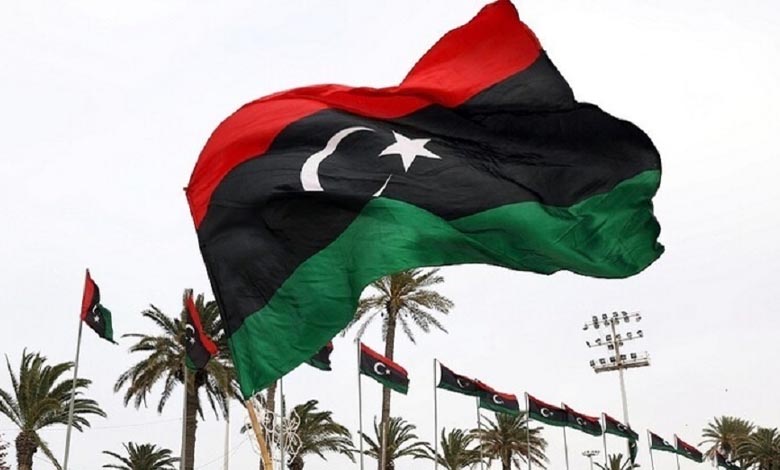Libyan Presidential demands the cessation of fighting between militias in Tripoli and the opening of an investigation

Libya’s Presidential Council has demanded that military units in Tripoli halt overnight clashes.
In a statement issued Friday, the Libyan president called on the warring parties in the conflict to return to their headquarters and stop the fighting immediately.
He said the prosecutor general and the military prosecutor should open a full investigation into the causes of the clashes, which killed five people, including a 12-year-old child, besieged families and endangered lives.
The Presidential Council urged the outgoing interior and defense ministers of the government of national unity to take the necessary measures to establish security in the capital Tripoli.
Tripoli has been through a hot night, and there have been constant clashes between rival militias, with casualties.
Oussama Ali, a spokesperson for the Tripoli Emergency and First Aid Agency, said a 12-year-old child and another citizen were killed and wounded after being hit by a stray bullet during violent clashes on Farnag Island in central Tripoli.
The official toll rose to five dead, including a child, and family members were injured in the clashes.
In a related context, the management of Mitiga International Airport announced the cancelation of all flights and the change of destination for incoming flights to Misrata International Airport.
Ali called on armed militias to stop armed fighting near civilian homes and properties.
A number of women rights activists called on authorities to open roads to evacuate women trapped inside wedding halls near the scene of clashes.
Opening corridors
Videos circulated on social media showing a number of women begging from inside more than three wedding halls on Nawaeem Street near Farnag Island to be evicted, amid the sound of shells and bullets whizzing around them, with children and women crying.
Meanwhile, the Emergency Medicine and Support Center and the Emergency and First Aid Department in Tripoli are working to open safe corridors for families trapped in the Farnag area due to ongoing clashes, in cooperation with the Libyan Red Crescent General Secretariat.
Armed clashes continue in central Tripoli, with militias using light and medium weapons, closing more than five main roads inside the capital.
The clashes caused extensive damage to citizens’ property and homes. A three-story residential building was burnt near Farnag Island, in addition to a number of public properties, including the University of Tripoli, police stations, and a number of government offices located in the vicinity of the scene of clashes.
Human right condemnation
The National Human Rights Committee Foundation condemned the renewed armed clashes, inciting violence, undermining security and stability in Tripoli, and the constant intimidation of citizens and endangering their lives and safety as a result of the armed confrontations that break out from time to time, according to a statement issued by the foundation.
Call on the competent authorities, the Libyan Presidential Council and the outgoing Government of National Unity to assume their legal and moral responsibilities by intervening urgently to stop the ongoing clashes, ensure the safety of the population and spare them the ravages of war.
In a statement published on its official Facebook page, the Foundation said that “hostilities, which occur from time to time within densely populated civilian neighborhoods and areas, can be included under the heading of war crimes, which must be investigated because they are in clear violation of the Fourth Geneva Convention, which stipulates that civilians must be spared the dangers of fighting in the event of a conflict within the borders of a “single state”.
The clashes were concentrated on the main roads of Farnag Island in the center of the capital, Tripoli, and involved the use of medium and light weapons, in addition to the constant mobilization in front of Tripoli University and the Sabaa area.
The clashes occurred following the abduction of the Abu Ras militia; Issam Harous, a member of the Radaa militia, in the Saadawi camp area; in response to the capture of militia member Akram Daghman by Rada; The defendant is charged with murder, kidnapping, torture and extortion.












